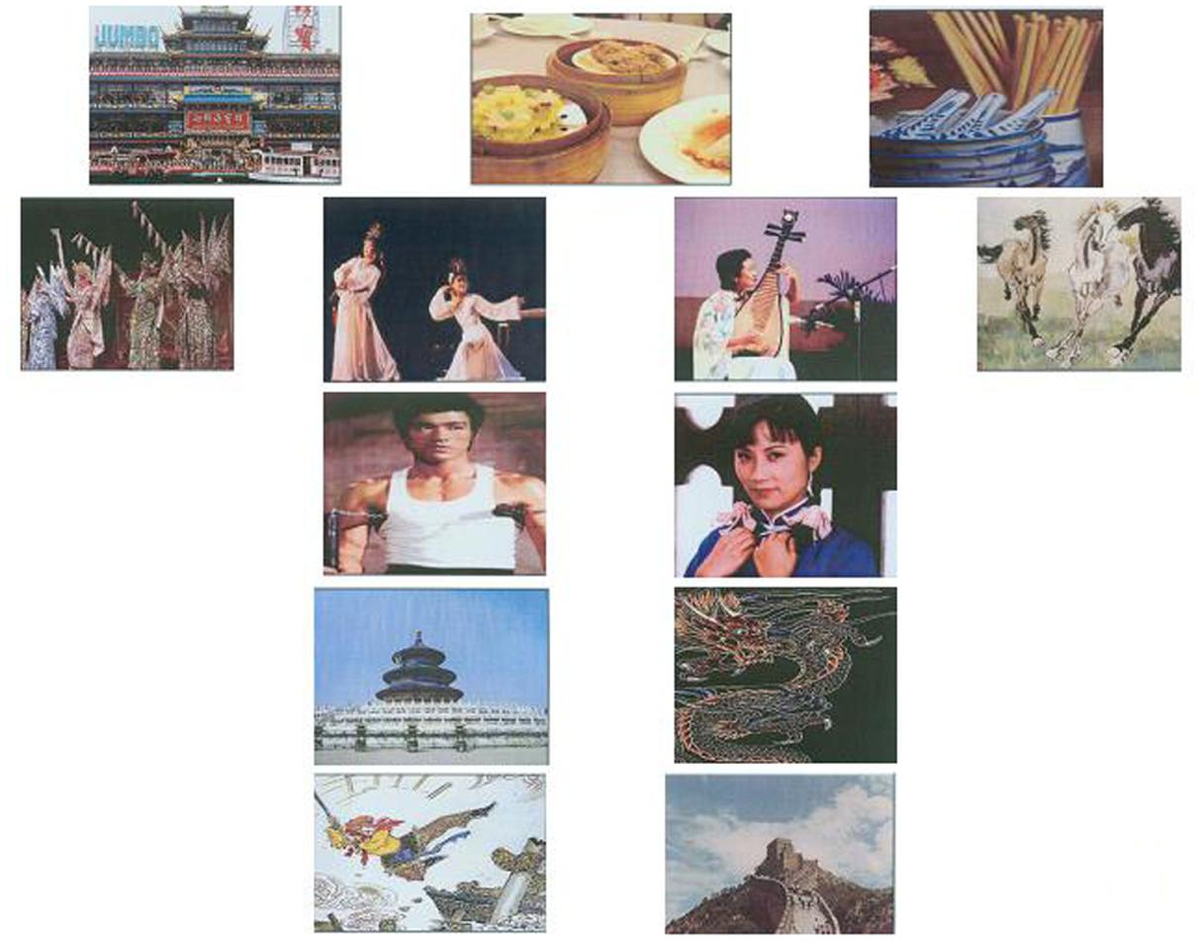
Humor is a universal human phenomenon; however, its perception and usage vary significantly across different cultural contexts. Understanding these disparities can provide insights into how humor operates within social dynamics, individual identity, and coping mechanisms.
Cultural Perception of Humor

The perception of humor often diverges sharply between Western and Eastern cultures. Research indicates that Westerners typically regard humor as a positive trait, associating it with attractiveness and self-actualization. For instance, humorous people are often viewed as more motivating, creative, and capable[2][3]. In contrast, Easterners, particularly those influenced by Confucian values like many Chinese, tend to hold a more ambivalent view of humor, regarding it as suitable primarily for experts rather than as a universal social trait. Many Chinese individuals perceive humor as potentially undermining their social status, thus feeling that humor should be exhibited with restraint[1][3][7].
This cultural dichotomy also reflects in how individuals evaluate humor behaviors. For Westerners, humor is often seen as essential in various interpersonal contexts. Conversely, Easterners might associate humor with serious implications and choose to reserve laughter and humor for specific, often private, contexts rather than public displays[4][8]. Judge John C. H. Wu’s remark summarizes this difference: “whereas Westerners are seriously humorous, Chinese people are humorously serious”[1][2].
Humor Usage Across Cultures

The way humor is utilized also varies significantly. In Western cultures, humor acts as a coping strategy, often employed to manage stress and navigate life’s difficulties[4][6]. Studies show that individuals living in Western societies are more likely to use humor as a defense mechanism against negative emotions, facilitating stress relief and enhancing social bonding[2][3][6]. In contrast, Eastern cultures tend to use humor less frequently as a coping mechanism. For example, research indicates that Japanese, Chinese, and Singaporean students are less likely to utilize humor in stressful situations compared to their Western counterparts[1][3].
The classification of humor styles further amplifies these cultural differences. Although humor can generally be categorized into four styles—affiliative, self-enhancing, self-defeating, and aggressive—Eastern cultures predominantly favor more adaptive forms of humor like affiliative and self-enhancing humor[5][7]. In contrast, Western cultures exhibit a higher tendency towards using maladaptive humor styles, particularly self-defeating and aggressive humor[3][7].
The Role of Language in Humor

Language plays a critical role in the expression and appreciation of humor; however, what is humorous in one culture may not be understood—or appreciated—in another. For instance, humor in Chinese often relies on linguistic nuances and wordplay that may be lost in translation, making it particularly challenging for individuals outside the culture to grasp[4][8]. The use of puns and context-dependent humor are prevalent in Chinese culture, yet these mechanisms can create barriers for non-native speakers[6][8]. This complexity leads to the saying, “Humor doesn’t travel,” which reflects the difficulties of communicating humor across cultural divides[1][3].
Psychological Implications and Well-being
The implications of humor extend beyond social interactions, affecting psychological well-being. Research highlights that both Westerners and Easterners can benefit from humor, but the effects manifest differently due to cultural contexts. While adaptive humor styles such as affiliative humor promote mental health and are positively correlated with life satisfaction in both groups, maladaptive styles tend to yield negative outcomes, especially in Eastern cultures[2][6][7].
Moreover, the research illustrates that humor styles are not only related to cultural attitudes but also to individual traits such as self-esteem and coping mechanisms. Westerners, for instance, often associate higher self-esteem with the use of adaptive humor[2][3]. In contrast, Easterners may find their coping humor strategies less impactful due to the cultural stigma associated with humor and playfulness, which underscores challenges in promoting mental health through humor in these contexts[4][8].
Conclusion
In summary, humor represents a complex interplay between cultural norms and individual behavior. The contrasting views on humor between Western and Eastern societies underscore the importance of context in humor appreciation and usage. While humor can be a unifying and adaptive force, it is also deeply influenced by cultural values, linguistic nuances, and social structures that shape its expression and significance in daily life. Understanding these cultural variations can enhance intercultural communication and foster deeper connections across diverse populations.
Get more accurate answers with Super Pandi, upload files, personalized discovery feed, save searches and contribute to the PandiPedia.
Let's look at alternatives:
- Modify the query.
- Start a new thread.
- Remove sources (if manually added).